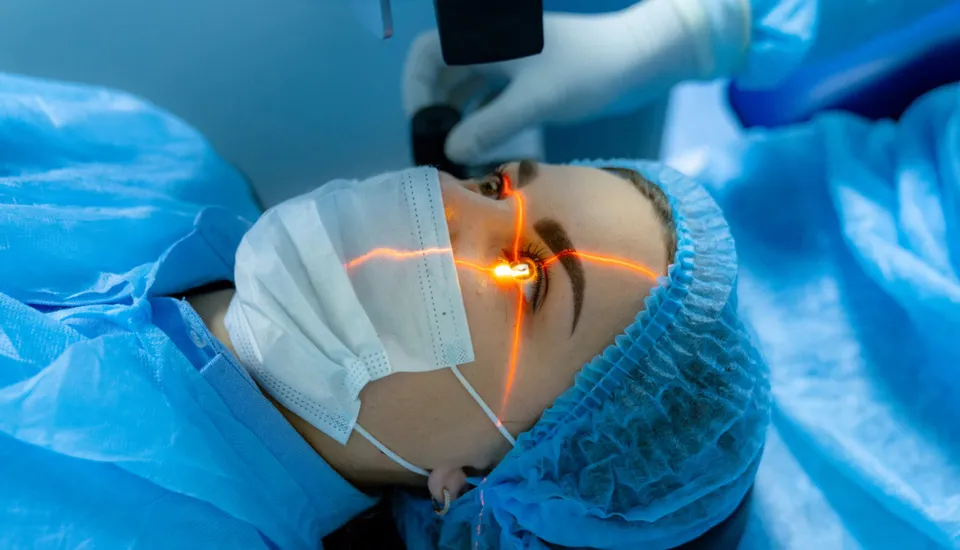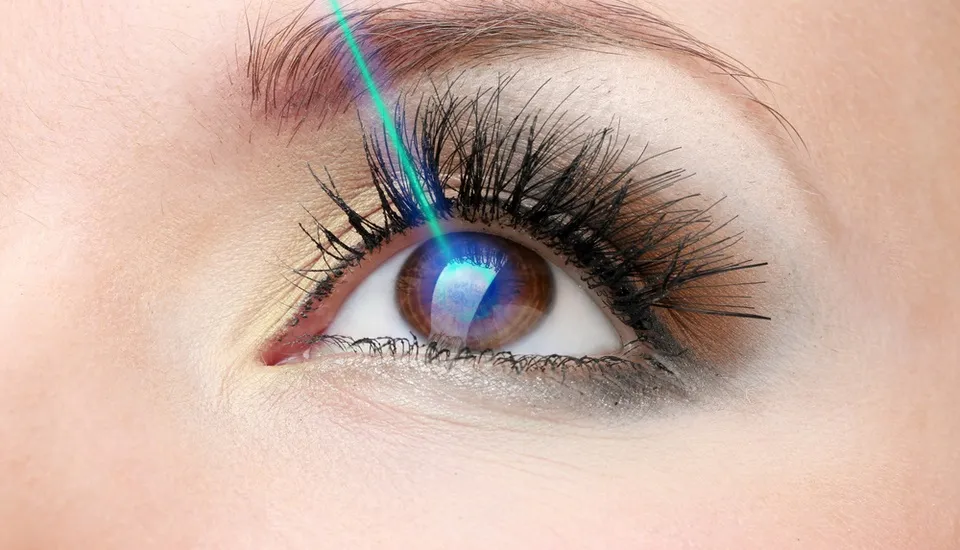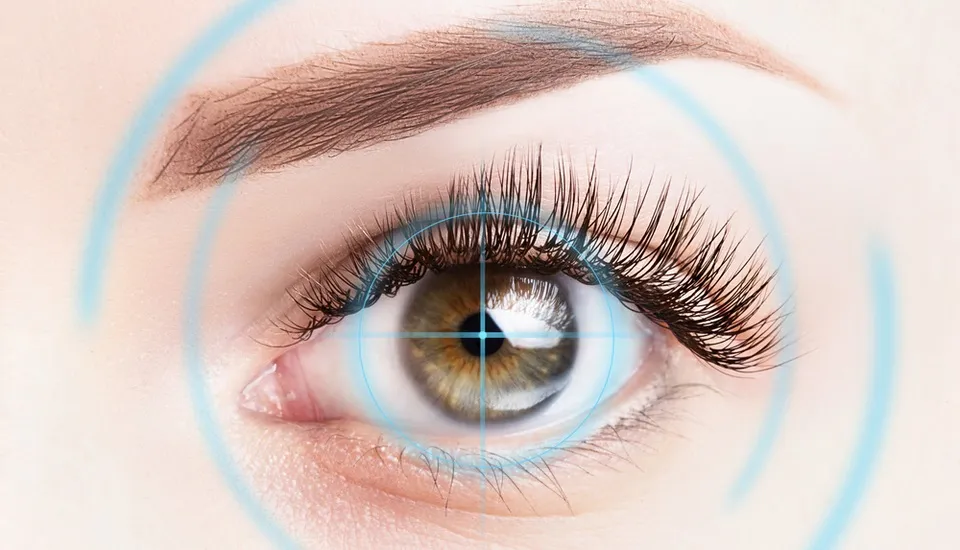Laser Eye Treatment
Laser Eye Treatment

Years of experience
0
+
Health Service
0
+
Customer from Country
0
+
Customer satisfaction
0
%
Eye Laser
Eye Laser correction is a modern, popular, effective method aimed at improving and restoring visual functions. This is practically the only way to help minimize or completely abandon the use of glasses and lenses.
What is an eye laser
Laser Eye treatment is a modern, popular, effective method aimed at improving and restoring visual functions. This is practically the only way to help minimize or completely abandon the use of glasses and lenses.
The essence of the procedure is the use of a laser. The laser beam is directed to the cornea of the eye, as a result of which it changes its shape (optical properties) and the retina has the opportunity to accurately focus the image, so that the process of vision improvement takes place.


Visual impairments for which laser eye surgery is recommended:
- Nearsightedness, or myopia, is when a person has clear vision of nearby objects but blurred or poor vision of distant objects.
- Appropriate laser correction will be with myopia that is not too pronounced.
- Farsightedness, or hyperopia, is an optical defect in which distant objects are seen clearly, while near objects are blurred.
- Astigmatism is an irregular curvature of the cornea. In this case, laser surgery on the cornea is effective. It is used for low and moderate astigmatism.
For Laser Eye Treatment:
- Myopic people.
- Farsighted people.
- People with astigmatism.
- People who do not want to wear glasses or contact lenses.

Contraindications for laser surgery
- Vascular, autoimmune and immunodeficiency conditions and diseases that reduce the body’s ability to heal (rheumatoid arthritis, multiple sclerosis, systemic lupus erythematosus, AIDS, etc.).
- Keratoconus or other pathologies accompanied by corneal thinning. In such diseases, laser correction can be complicated by uncontrolled visual impairment, which must be corrected by additional surgical procedures such as corneal transplantation.
- Side effects include the need for constant use of certain medications that have a negative effect on the eyes.
- Thin cornea (less than 450 microns).
- Single eye.
- Progressive cataract with a marked decrease in the quality of vision.
- Unoperated retinal detachment.

Laser Treatment Duration:
- PRK surgery takes about 15 minutes per eye.
- LASIK eye surgery usually takes about 10-30 minutes in total.
- LASEK surgery usually takes between two to three hours.
Laser Treatment Recovery Timeline:
- Patients can go home as soon as 10-15 minutes after LASIK surgery, but will need to be transported home by a friend or taxi.
- Depending on the recovery, it is possible to return to work after as little as 24 hours or within a few days.
Possible Risks for Laser:
- Temporary sensitivity to light.
- Blurred vision (usually temporary).
- Dry eyes
- Incomplete or excessive correction
- Eye infections
